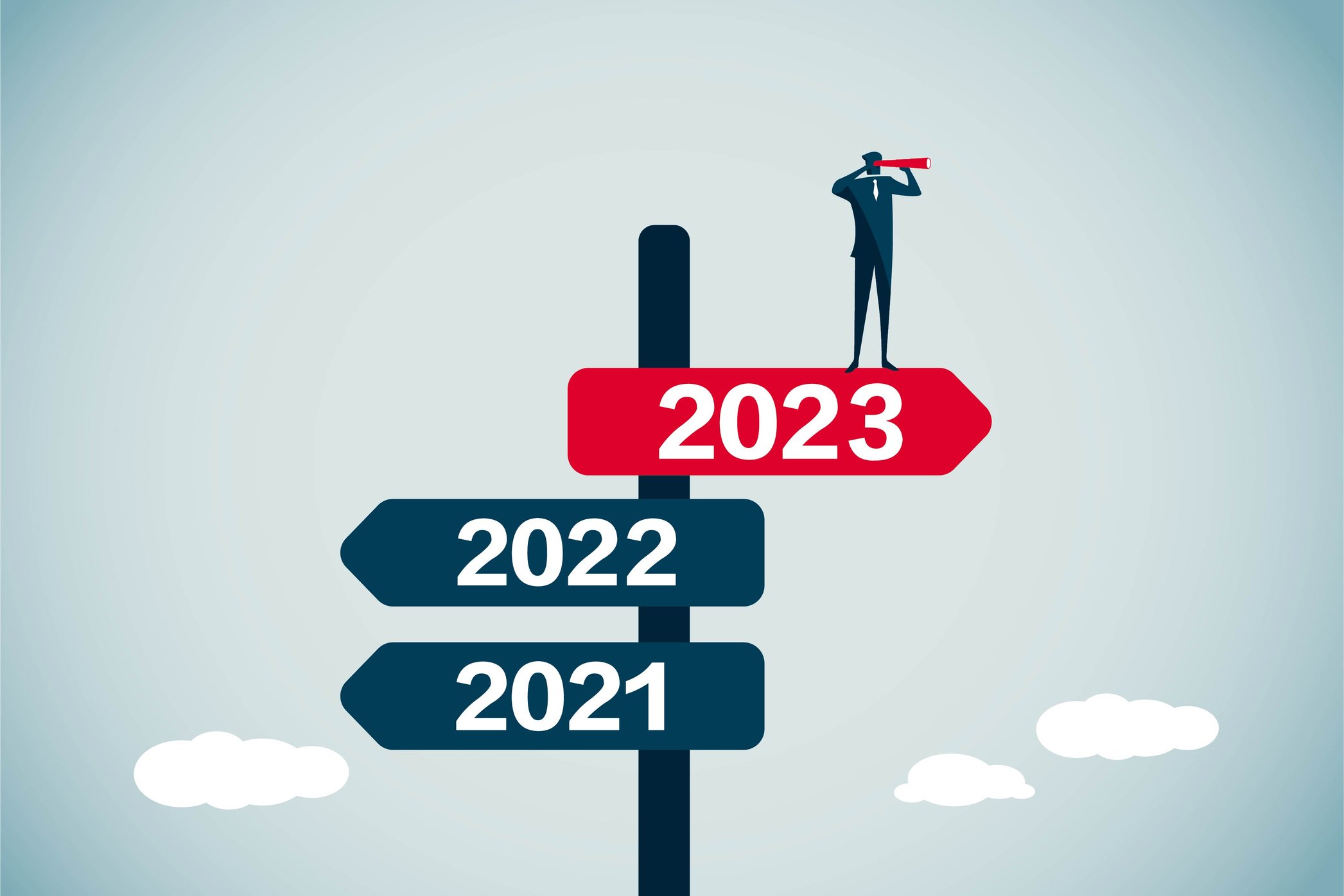Introduction:
Market trends refer to the current and anticipated changes in consumer behavior, technology, and market dynamics that can affect businesses’ sales and profitability. By understanding these trends, companies can create strategies and adapt to stay ahead of the competition. In this blog, we will explore the top market trends shaping industries in 2023.
-
E-commerce growth
E-commerce has been steadily growing over the past decade, and this trend is expected to continue in 2023. With the pandemic accelerating the shift to online shopping, more businesses are adopting e-commerce platforms to reach a wider audience. According to Statista, global e-commerce sales are expected to reach $6.54 trillion by 2023.
To stay competitive, businesses need to invest in their e-commerce infrastructure and provide a seamless online shopping experience. This includes optimizing their websites for mobile devices, improving load times, and implementing secure payment gateways.
-
Sustainability
As consumers become more environmentally conscious, sustainability is becoming a key factor in their purchasing decisions. According to Nielsen, 73% of global consumers say they would change their consumption habits to reduce their environmental impact.
To meet this demand, businesses are adopting sustainable practices and promoting eco-friendly products. This includes using renewable energy sources, reducing waste, and using recyclable materials. By embracing sustainability, companies can attract environmentally conscious consumers and gain a competitive edge.
-
Personalization
Consumers are increasingly demanding personalized experiences, and businesses are responding by leveraging data analytics and machine learning algorithms. By analyzing customer data, businesses can tailor their marketing messages and product offerings to individual preferences.
This trend is not limited to e-commerce; it is also relevant to other industries, such as healthcare and finance. For example, healthcare providers can use personalized medicine to tailor treatments to individual patients’ needs, while financial institutions can use predictive analytics to offer personalized investment advice.
-
Augmented Reality
Augmented reality (AR) is a technology that superimposes digital information onto the real world. This technology has the potential to revolutionize industries such as retail, real estate, and entertainment. For example, furniture retailers can use AR to allow customers to visualize how a piece of furniture would look in their home before making a purchase.
AR is not limited to consumer-facing applications; it can also be used for training and education purposes. For example, medical students can use AR to practice surgical procedures in a virtual environment.
-
Remote work
The pandemic has accelerated the adoption of remote work, and this trend is expected to continue in 2023. According to a survey by Upwork, 36.2 million Americans will be working remotely by 2025, an 87% increase from pre-pandemic levels.
Remote work offers many benefits, including increased flexibility, reduced commuting time, and lower costs for businesses. However, it also presents challenges such as communication and collaboration issues. To successfully implement remote work, businesses need to invest in communication tools and establish clear guidelines and expectations for remote workers.
“”Change is the only constant in life, and this is especially true in the business world. To succeed, businesses must adapt to the ever-evolving market trends and embrace new technologies and strategies.” – Unknown.”

-
Artificial Intelligence
Artificial intelligence (AI) is becoming increasingly prevalent in industries such as healthcare, finance, and retail. By leveraging machine learning algorithms, businesses can automate repetitive tasks and make data-driven decisions.
For example, in healthcare, AI can be used to diagnose diseases and predict patient outcomes. In finance, AI can be used to detect fraudulent transactions and offer personalized investment advice. In retail, AI can be used to analyze customer data and make product recommendations.
-
Digital Transformation
Digital transformation refers to the integration of digital technologies into all areas of a business, resulting in fundamental changes to how businesses operate and deliver value to customers. This trend has been accelerated by the pandemic, which has highlighted the importance of digital technologies in enabling remote work and online commerce.
Digital transformation can include the adoption of cloud computing, artificial intelligence, and internet of things (IoT) technologies. By leveraging these technologies, businesses can automate processes, improve efficiency, and deliver more personalized experiences to customers.
-
Health and Wellness
The pandemic has brought health and wellness to the forefront of consumers’ minds, leading to increased demand for products and services that promote health and well-being. This trend is expected to continue in 2023, with consumers prioritizing mental and physical health.
Businesses can capitalize on this trend by offering products and services that promote health and wellness, such as fitness apps, healthy food options, and mental health resources. In addition, businesses can create a workplace culture that prioritizes employee well-being, resulting in increased productivity and employee satisfaction.
-
Cybersecurity
As businesses increasingly rely on digital technologies, cybersecurity is becoming a critical concern. Cyberattacks can result in data breaches, financial losses, and damage to a business’s reputation. According to a report by Cybersecurity Ventures, cybercrime is expected to cost the world $10.5 trillion annually by 2025.
To mitigate this risk, businesses need to invest in cybersecurity measures, such as firewalls, antivirus software, and employee training programs. In addition, businesses can implement a proactive approach to cybersecurity, regularly testing and updating their systems to stay ahead of potential threats.
-
Collaboration
Collaboration is becoming increasingly important in today’s globalized and interconnected world. Businesses need to collaborate with partners, suppliers, and customers to deliver products and services that meet evolving needs.
To facilitate collaboration, businesses can adopt collaboration tools such as video conferencing, project management software, and cloud-based file sharing. In addition, businesses can create a culture of collaboration by encouraging open communication and fostering a sense of shared purpose among employees.
Conclusion:
In conclusion, these are the top market trends shaping industries in 2023. By embracing digital transformation, health and wellness, cybersecurity, and collaboration, businesses can stay ahead of the competition and meet the evolving needs of consumers. In addition, businesses can leverage augmented reality, personalization, remote work, and artificial intelligence to create more efficient and personalized experiences for their customers. By staying abreast of these trends and adapting their strategies accordingly, businesses can thrive in the rapidly changing marketplace.








